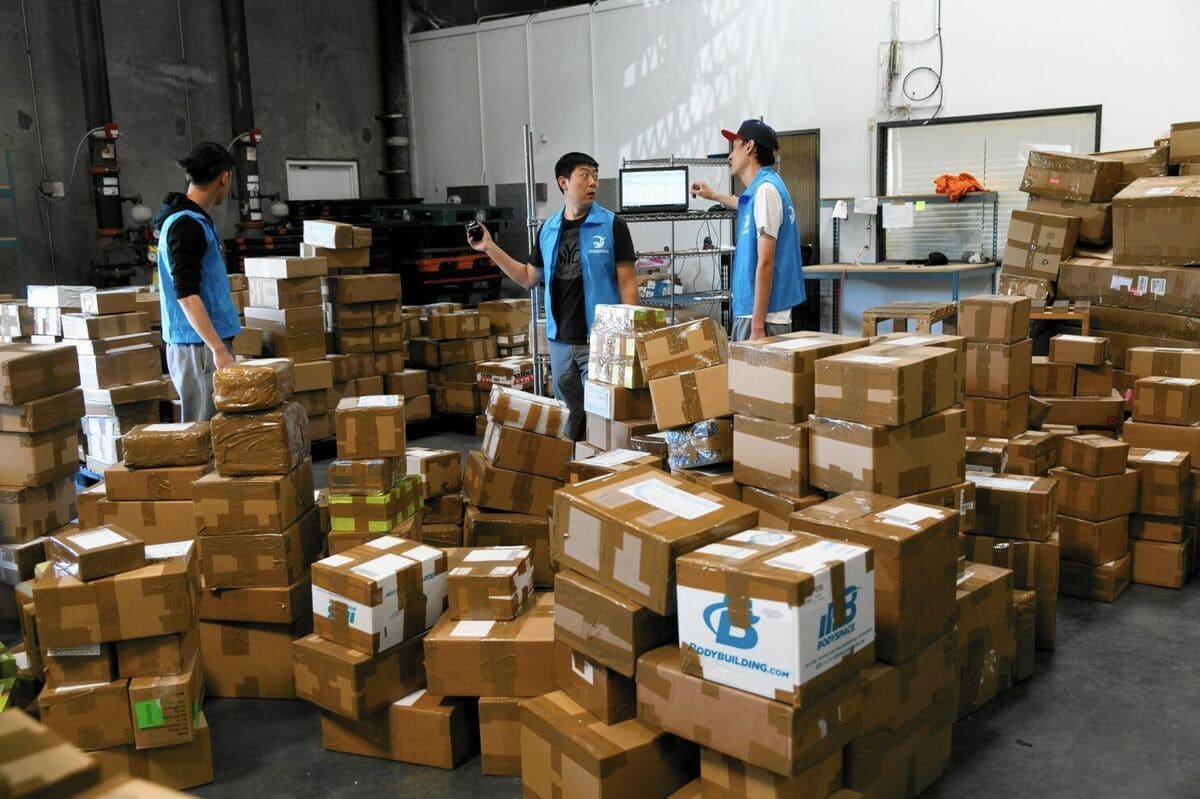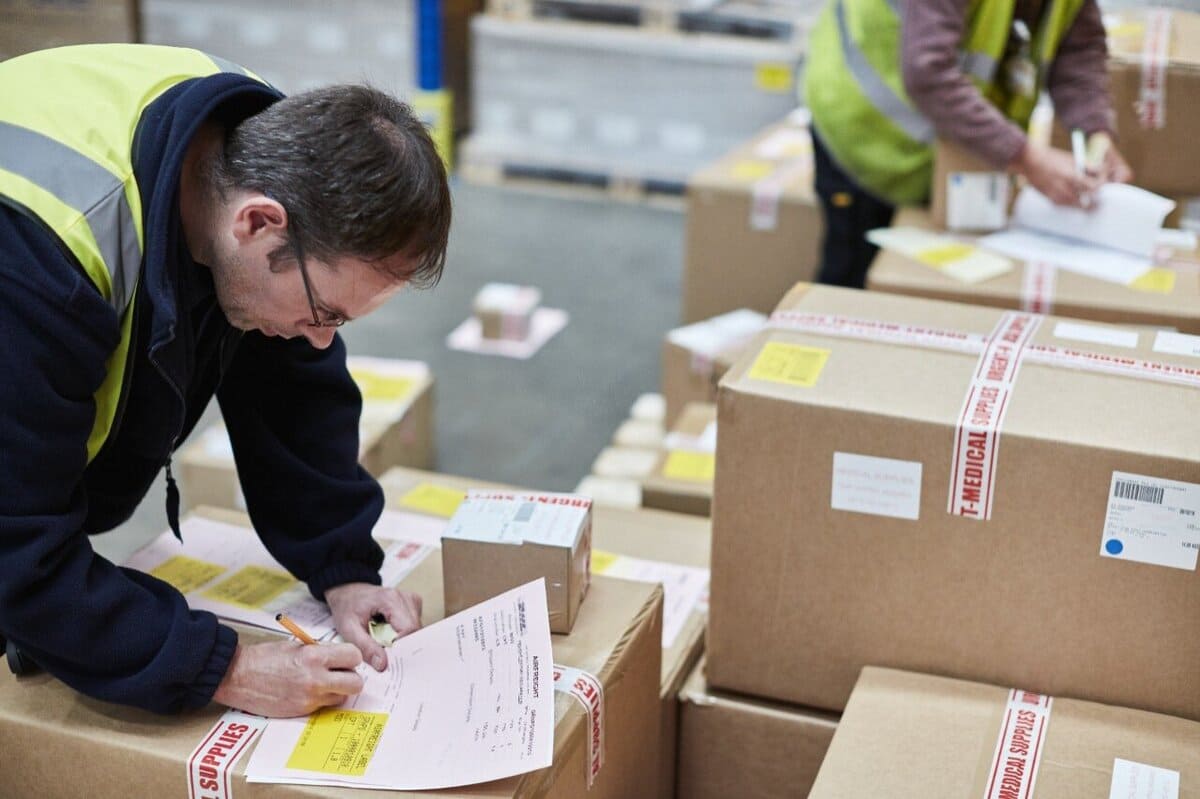
Article content:
Is it possible to bring goods of famous brands from China? This question often arises for those involved in international trade. In the article, we consider the essence of intellectual property, the main aspects of its regulation and problems related to the transportation of brands from China.
Intellectual property is a set of rights granted to authors, inventors, artists and other creators for their intellectual achievements. In the field of business, intellectual property reflects the creative potential, innovativeness and competitiveness of companies.
Trademarks (brands) - one of the main components of intellectual property - are symbols, names, logos that identify the products or services of a certain manufacturer or supplier. They not only create a unique visual image of the company, but also serve as a guarantor of quality and reputation.
However, the protection of brands and other forms of intellectual property becomes a challenge in the context of globalization and the expansion of international trade. In particular, the issue of transporting branded goods from China is of particular importance, since China is one of the world's largest producers and suppliers of goods.

China is one of the world's largest exporters of clothing, footwear, appliances, household goods, etc
There are several international treaties and organizations that regulate the protection of intellectual property in the legal field.
The World Intellectual Property Organization (WIPO) is responsible for the development and application of international standards for intellectual property. The organization administers such important treaties as the Berne Convention on Copyright and the Paris Convention for the Protection of Industrial Property.
The Agreement on Trade-Related Aspects of Intellectual Property Rights (TRIPS) is an international agreement under the jurisdiction of the World Trade Organization. TRIPS defines the rules and obligations related to intellectual property that must be observed by all members of the WTO.
Ukraine has a number of laws that regulate intellectual property. These are the Constitution of Ukraine, the Civil Code of Ukraine, the Law of Ukraine "On Protection of Rights to Marks for Goods and Services", other normative legal acts.
Importantly! In addition to the Civil Code, intellectual property rights are also controlled by the Criminal Code of Ukraine and the Code of Administrative Offenses. It is in these documents that a person is liable for the violation of intellectual property rights.

At customs, all cargoes undergo a detailed inspection
There is no exact list specified in laws and agreements regarding what is prohibited to export from China. The fact is, intellectual property includes not only logos and symbols but also designs and technologies (for which authors receive patents).
Here are some important points about authorship and ownership:
Definitive “no’s”:
Most trademarks, when crossing borders, are subject to certain types of control and restrictions. Customs (in China or any transit country) will certainly check if the goods you are transporting violate intellectual property rights. If they are products of popular and registered brands, customs has the right to unilaterally seize them and impose sanctions on the violator.
Sanctions for violating intellectual property rights can be administrative, civil, or criminal:
Of course, inventive factories and manufacturers find ways to bypass copyright. Sometimes it works, sometimes it doesn't. DiFFreight does not recommend taking risks at all:
The shipping company is not responsible for such situations and does not compensate the client for the value of confiscated goods or deliveries.
Therefore, to avoid conflicts at customs and not disappoint clients, the logistics company DiFFreight does not ship brands and products for which there may be restrictions. Instead, we will help you find reliable Chinese manufacturers and suppliers for the necessary products, provide warehouse services in China, and organize deliveries from China to Ukraine "turnkey."